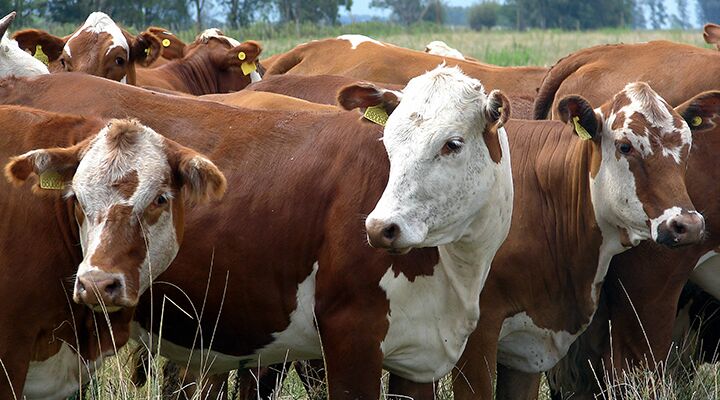
Europe and Russia Compete for Latin America’s Food
Russia announced it would stop importing food from Europe, August 7, and is turning to South America instead. In response, Europe is launching a diplomatic assault to persuade South America to take Europe’s side in the dispute over Ukraine, according to anonymous “senior officials” quoted in the Financial Times on August 11.
Russia’s ban on European food could prove lucrative for Latin American farmers. Chile could provide Russia with the fish it once received from Europe, and Brazil has already authorized 90 new meat plants to start exporting to Russia. “A top exporter of beef, chicken and soybeans, Brazil is also one of the only countries in the world with enough land to actually produce more food,” wrote Deutsche Welle.
Russian ambassadors held meetings in Latin American embassies the day before they announced the new round of sanctions, trying to get these alternative sources of food ready before they cut off Europe, the head of Chilean trade body Direcon, Andres Rebolledo, told Reuters.
European diplomats want this to stop. “We will be talking to the countries that would be potentially replacing our exports to indicate that we would expect them not to profit unfairly from the current situation,” the Financial Times quoted one senior EU official as saying at a briefing on Europe. He could understand individual companies signing new contracts, he added, but it would “be difficult to justify” nations actively trying to fill in the gap left by sanctions.
The Financial Times quoted another official saying that Europe wouldn’t use the legal system to force nations to stop exporting, but instead try and persuade them of the “political” importance of presenting a united front to Russia.
This division actually makes sense. Economically, Europe may be better off if Latin America sells food to Russia. If they refused to do so, and Russia was forced to make do with less, then Europe and Latin America would be forced to compete for the same customers. However, if Brazil sells its beef to Russia, for example, then European farmers would be able to sell beef to the countries that used to buy it from Brazil.
But if Latin America sells to Russia, the sanctions will be much less painful for the Russians. Which is why the officials working on the Ukraine crisis are the ones most concerned about Latin American food replacing European products. If Russia won’t buy food from Europe and can’t buy it from Latin America , it will have to make more sacrifices to keep the sanctions up.
Europe has deep ties with Latin America—religiously, historically, culturally, economically and militarily—but it does not have an exclusive partnership with the region. Trade talks between the EU and Mercosur, one of the region’s economic blocks, have been stalled for 15 years.
However, the current round of sanctions has shown the world the importance of having close ties with other communities of nations. As Russia is excluded from parts of the European and American financial systems, for example, it is replacing those ties with links to Asia.
Now Europe sees that if it wants to put the maximum pressure on Russia, it needs a closer relationship with Latin America.
The crisis in Ukraine will have far-reaching implications. Trumpet editor in chief Gerald Flurry has already shown how the crisis is forcing Europe to unite. It could also force Europe to take its relationship with Latin America more seriously.
